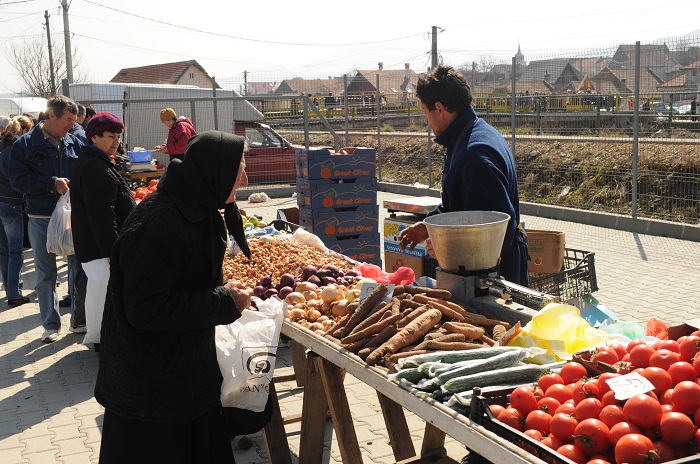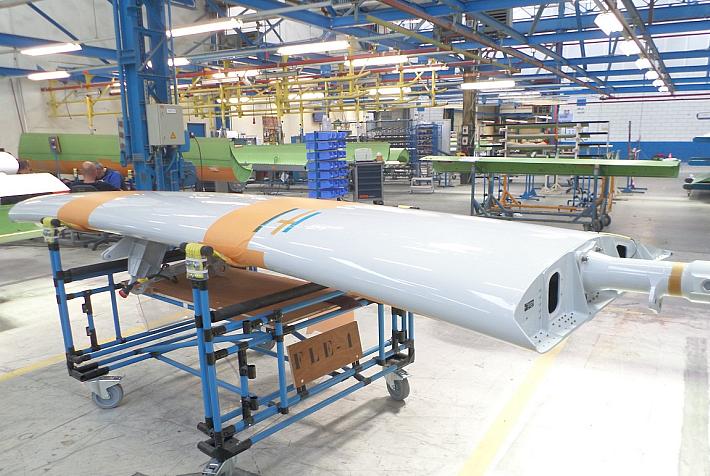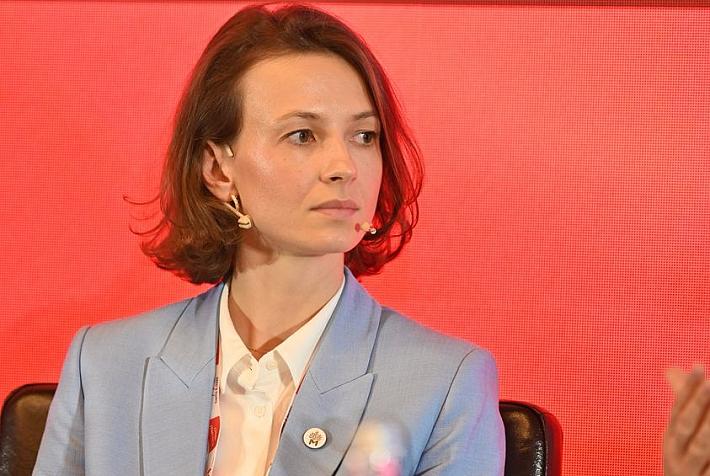Romanian Agriculture STEP ONE - a bureaucracy for the Little People

 Alas for the small farmers of Romania, a bureaucracy to suit their small business situation is somewhat further from reality than is the existence of the Leprechauns and the Fairies. At least with the Little People of Ireland we know they exist, we just cannot see them. If we could only say the same thing about the impending arrival of a workable bureaucracy for Romania’s small farmers, ‘we know it exists but we just cannot yet see it’.
Alas for the small farmers of Romania, a bureaucracy to suit their small business situation is somewhat further from reality than is the existence of the Leprechauns and the Fairies. At least with the Little People of Ireland we know they exist, we just cannot see them. If we could only say the same thing about the impending arrival of a workable bureaucracy for Romania’s small farmers, ‘we know it exists but we just cannot yet see it’.
One hears complaints that rural Romania does not contribute its share of tax revenues to the Budget, that the small farmer is under-taxed. It is something of a hollow argument as so many of the three million or so lead a semi-subsistence lives with little cash income. Yes they may sell some produce, maybe a little milk, some vegetables or grains, but this is likely to be outside the ‘system’. They are unlikely to pay tax on the receipts or charge VAT on the products. But is the Budget really the loser in this?
It is easy to forget that the small farmer pays VAT on inputs like seed, fertilizers, animal feeds and diesel, all of which would be offset against any tax charges if the farm was a tax-registered business. For some, the VAT would be recoverable or offset against VAT charged on sales. Just how much is the budget losing due to small farmers not selling produce ‘within the system’? A lot less than one might think as most small farmers would fall below the VAT-registration threshold. They would therefore only register for VAT voluntarily. Few would make a taxable profit.
How beneficial is it for the small farmers to operate within a formal tax and accounting system? They may have to declare income from produce, but they can also offset their input costs against tax. If they are registered it should be easier for the small farm business to access grants. Without registration, it certainly makes credits impossible. Hence, there are a few advantages for the small farmer to be within the system, but they do not seem to be sufficient for them to join. Just why is this? The simple answer is the cost and difficulty of actually running a business within the formal systems available. In reality, the bureaucracy associated with running a small farm business is just too great.
A while ago I wrote an article about the cost of a single piece of official paper for a small dairy farmer with five cows. When translated into terms relating to the farms milk production volumes, the cost can just be out of all proportion to the income generated on the farm, let alone its profits. It is within the untenable cost of the bureaucracy that the problem lies.
The first step for Romania with respect to helping its small farming sector evolve is to create a legal registration, accounting and tax declaration system within which they can rationally operate. It has to be very simple and cost-effective for both farmer and tax authority. It should not require overly frequent interactions. It should not require accountants or bookkeepers. It should be annual and it should require only the minimum of personal interface between the tax authorities and the farmer. At present the ‘Individual Enterprise’ system is evidently too complex.
The solution lies with allowing small farmers to operate within a very simple tax registration and accounting system. An example to follow could be the one as used in the United Kingdom which, at its simplest, allows an annual declaration of income, costs and profit, the so-called three-line account. Tax is simply levied on the profit.
Of course the bureaucracy will line up the reasons why such a system cannot be implemented in Romania. And one of the loudest cries will relate to the fact that the system does not allow the farmer to get tied up by the CAEN code system. To be honest, why does it need to be so? The UK also operates a management information system to collate data about business activity, but it also operates the above simplified tax accounts system. It is just a matter of allocating the numbers to a CAEN code once a year. Otherwise, simple can also only help the bureaucracy.
Integrating all the farmers into the fiscal system is a necessity. It does, however, require mutual trust. Above all it requires the use of a system that does not financially cripple the small business through its administrative burden. So let us please give Romania’s small farmers a chance. Let us develop a system that allows them to work efficiently and cost-effectively within the system, not outside it. To enable them to develop and evolve within a normal bureaucracy. Without changes and simplifications they will remain on the outside. Necessary to start is a recognition and acceptance that it is actually the current, too-complex system itself that keeps these Little People out in the cold.
For a broader discussion on the numerous bureaucratic reforms required to help both the Romanian small farmer and the Romanian small business please refer to a longer article on Agri-Focus Romania.
By Stuart Meikle, Guest Writer
Stuart Meikle is an agricultural management consultant. He was a University of London academic and is an economist, a writer and a farmer. He has been involved within Romanian agriculture as an adviser, as an executive manager and as an observer for 15 years. The views expressed are his own and do not necessarily reflect those of Romania Insider.
(photo source: Arhivafoto.ro)















